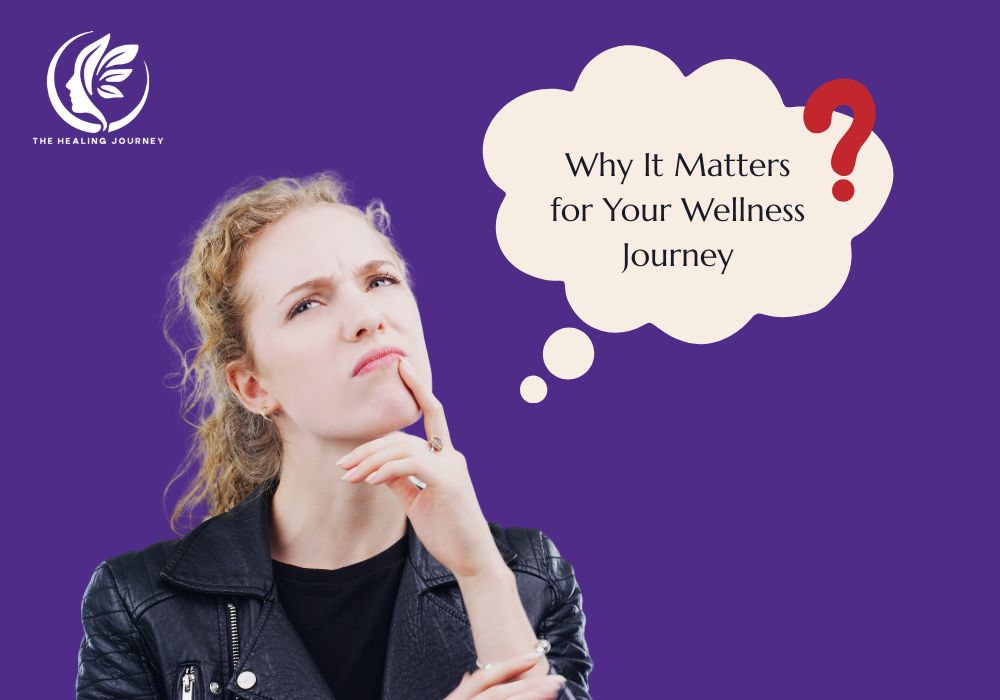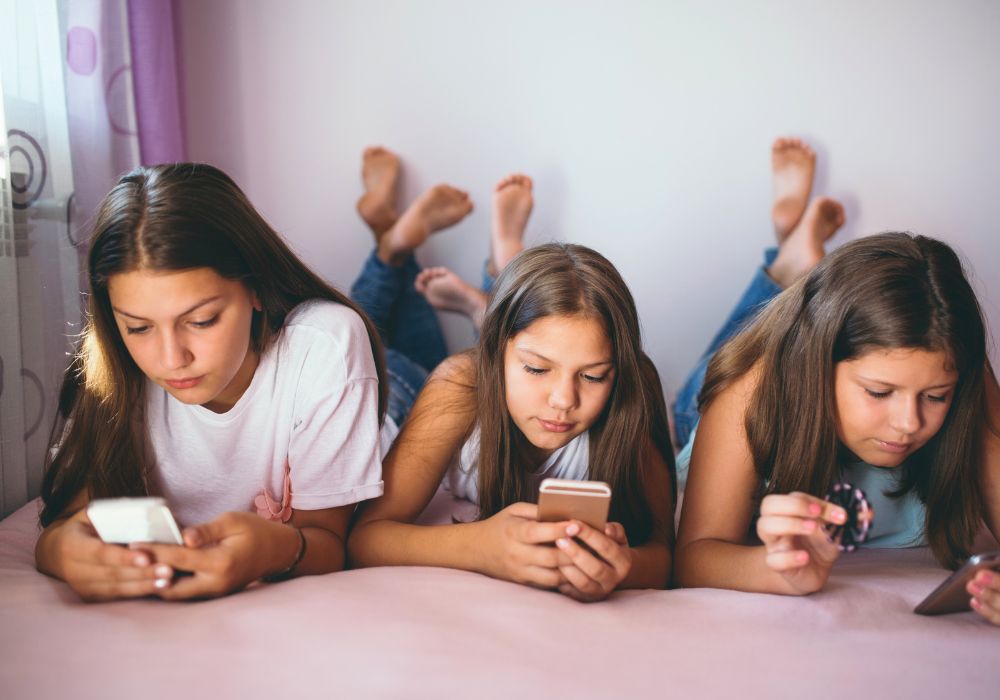Social media and mental health are closely linked. Apps like Instagram and TikTok help us communicate with others. But they can also change how we feel. Some people feel sad or anxious after scrolling through social media. Others feel left out. Some may feel pressure to look perfect. But not all of it is good. Social media can also help people feel seen. It can offer support or share mental health tips. What matters is how we use it. In this blog, you’ll see how it can shape your mood. You’ll also learn how to build better habits online. If your feed ever made you feel low, this is for you.
The Double-Edged Sword of Social Media
Social media can be both helpful and harmful. It brings people together and spreads support. But it can also cause stress, sadness, and low self-esteem. The way we use it matters a lot. Let’s break it down clearly what’s good about it, and what can go wrong if we’re not careful.
The Good Side: What Social Media Gets Right
Social media can make life easier in many ways. It helps people stay connected with friends and family. This is important, especially when someone feels lonely or is going through a tough time. A simple message or comment can mean a lot.
For people dealing with mental health struggles, there are safe spaces online. Some groups offer peer support. Others talk openly about mental health. This helps reduce shame and stigma. You’re not alone, and that feeling can help people feel stronger.
Some tools support well-being. Mindfulness apps, online therapy, and guided Cognitive Behavioral Therapy (CBT) sessions are just a few. These tools are easy to use and help people manage anxiety, stress, or sadness. When used well, social media can support healing and wellness.
The Bad Side: When Things Go Wrong
But social media has a dark side, too. Scrolling for hours can lead to anxiety and depression. It can mess with your sleep. It can even lower your self-esteem. Seeing other people’s “perfect” lives online can make us feel worse about our own. This is called social comparison. It often leads to negative thinking. FOMO, short for fear of missing out, is another problem. People feel left out when they see others having fun. It creates stress. Cyberbullying is also common. Hurtful words or posts can do real damage. And media multitasking, jumping from one app to another, can leave the brain feeling tired and overwhelmed.
Why It Matters for Your Wellness Journey
Social media is part of everyday life, but it shapes how we feel in ways we don’t always notice. It can affect our mood, how we see ourselves, and how we handle stress. That’s why it’s essential to pay attention to how much time we spend online and how we feel afterward.

How Social Media Affects Your Mind
Too much screen time can slowly change how you feel about yourself. You might start comparing your life to what you see online. Most of those posts show only the best moments. They’re not real life. But your brain might not know the difference. That’s how self-esteem drops.
Social media also affects your mood. If you’re constantly scrolling, your mind doesn’t get time to rest. You may feel tired, stressed, or even sad without knowing why. This can lower your emotional resilience. You may find it harder to handle everyday problems. Even short videos and funny memes can build pressure. You may feel like you’re missing out or not doing enough. That’s where the emotional strain begins.
A More Aware Way to Use Social Media
At The Healing Journey, the goal is to help people become more self-aware. That includes how they use social media. If you notice certain posts make you feel down, it’s okay to take a break. Being aware of what helps and what harms you is a big step toward healing. Your mental health matters online and offline.
Evidence-Based Insights & Research
Researchers have studied how social media affects mental health. They found that online support can help people feel better. But it works best when used with care. Safe spaces and clear, kind messages make a big difference. Let’s look at what the research shows about social media and mental health.
How Online Support Helps Mental Health
Many studies show that online peer support can improve mental well-being. When people share their experiences in safe groups, it helps reduce feelings of loneliness. It also lowers stress and anxiety. But this only works if the group feels safe and respectful. Moderation helps keep things positive.
Why Clear and Kind Messages Matter
How mental health topics are shared online matters. Posts that use clear language and a friendly tone get more attention. When experts share tips in simple ways, people understand better. This makes it easier for them to take steps toward better health.
Designing Social Media to Protect Users
Researchers also study trauma-informed design. This means making social media safer for people who have been hurt or stressed. Features like content warnings or easier ways to block harmful posts help protect mental health. When social platforms consider these aspects, they prioritize healing over harm.
Practical Strategies for Healthy Social Media Use
Using social media can be good or bad, depending on how we handle it. Building healthy habits online helps protect your mental health. Here are simple, clear steps you can take. They allow you to enjoy social media without feeling stressed or overwhelmed by it.

Set Intentional Boundaries
One of the best ways to protect your mental health is to set limits on how much time you spend online. Try to schedule breaks, such as avoiding phone use before bed. Too much screen time can make it harder to sleep and increase anxiety. Apps and phone settings can help you track your usage. When you plan your social media time, it feels less like a distraction and more like a choice.
Prioritize Meaningful Engagement
Not all social media is the same. Follow accounts that make you feel good or teach you something new. Choose quality over quantity. Instead of scrolling mindlessly, spend time on posts that lift you or help you learn about mental health, self-care, or kindness. This can reduce stress and improve your mood.
Practice Digital Mindfulness
Pay attention to how you feel after using social media. Do certain posts make you feel anxious, sad, or worried? It’s okay to unfollow or mute those accounts. Mindfulness means being aware of your emotions and choosing content that helps you feel better. This simple habit can lower stress and protect your self-esteem.
Create a Supportive Online Space
Join safe, moderated groups or communities where people support each other. These spaces offer peer support and reduce feelings of loneliness. If you find content that feels overwhelming or harmful, step away. Reach out to friends, family, or a counselor if you need to talk. Remember, your mental health matters more than any post or comment.
Use Digital Tools as Supplements, Not Substitutes
Digital tools like mindfulness apps, online therapy, or guided CBT can help you manage anxiety and stress. But they should not replace in-person therapy or real-life support. The Healing Journey encourages combining digital tools with counseling for the best results. This blend helps you heal and stay balanced both online and offline. By setting limits, choosing uplifting content, staying mindful, and finding safe online spaces, you can use social media in a way that helps your mental health, not harms it. These small changes make a big difference.
Resources & Support Options
If social media ever feels too much, remember you don’t have to handle it alone. There are many ways to get help and support. The Healing Journey offers counseling, podcasts, and blog posts to guide you. You can also try simple mindfulness and journaling to feel calmer and more focused.
Find Help Through The Healing Journey
The Healing Journey provides counseling services that can help you manage stress, anxiety, or sadness connected to social media use. Talking to a counselor gives you a safe place to share your feelings. The Healing Journey’s podcast and blog share easy tips on mental health and self-care. These resources help you understand your emotions and find healthy ways to cope.
Book your appointment today to start your journey toward better mental health. Our caring team is here to support you with personalized counseling and practical tools for lasting wellness.
Simple Mindfulness Practices
Taking a few minutes each day to breathe deeply or notice your thoughts can lower stress. Mindfulness helps you stay calm when social media feels overwhelming. Try sitting quietly, focusing on your breath, and gently bringing your mind back when it wanders.
Journaling Prompts for Reflection
Writing down your thoughts can also help. Try asking yourself questions like:
- How did social media make me feel today?
- Did any posts affect my mood?
- What can I do to feel better tomorrow?
Journaling helps you understand your feelings better. It gives you a clear space to think without distractions. Using these tools alongside online support can make your wellness journey smoother. Remember, taking care of your mental health is always worth it.
Conclusion
Social media isn’t all bad. When used thoughtfully, it can connect us, teach us, and even support our mental health. The key is to be aware of how it affects your feelings and to make choices that protect your well-being. Like any healing journey, it takes kindness toward yourself and small steps each day. Remember, you have the power to shape your online experience in a way that helps you grow and feel better.
Frequently Asked Questions (FAQs)
Can social media cause anxiety or depression?
Social media can increase anxiety or depression if used too much or if you compare yourself to others. But using it mindfully can help reduce these risks.
How much screen time is healthy?
There’s no exact number, but many experts suggest limiting social media to 1–2 hours daily. Taking breaks and avoiding screens before bed improves mental health.
What is FOMO, and how does it affect mental health?
FOMO means “fear of missing out.” Seeing others’ posts can make you feel left out, which may cause stress or sadness.
How can I make social media better for my mental health?
Follow accounts that inspire or teach you. Set limits on your usage. Take breaks when needed. Unfollow or mute accounts that make you feel bad.
Are online support groups helpful?
Yes. Safe, positive online groups can reduce loneliness and stress. They provide peer support, but moderation is essential to keep them healthy.

One Response